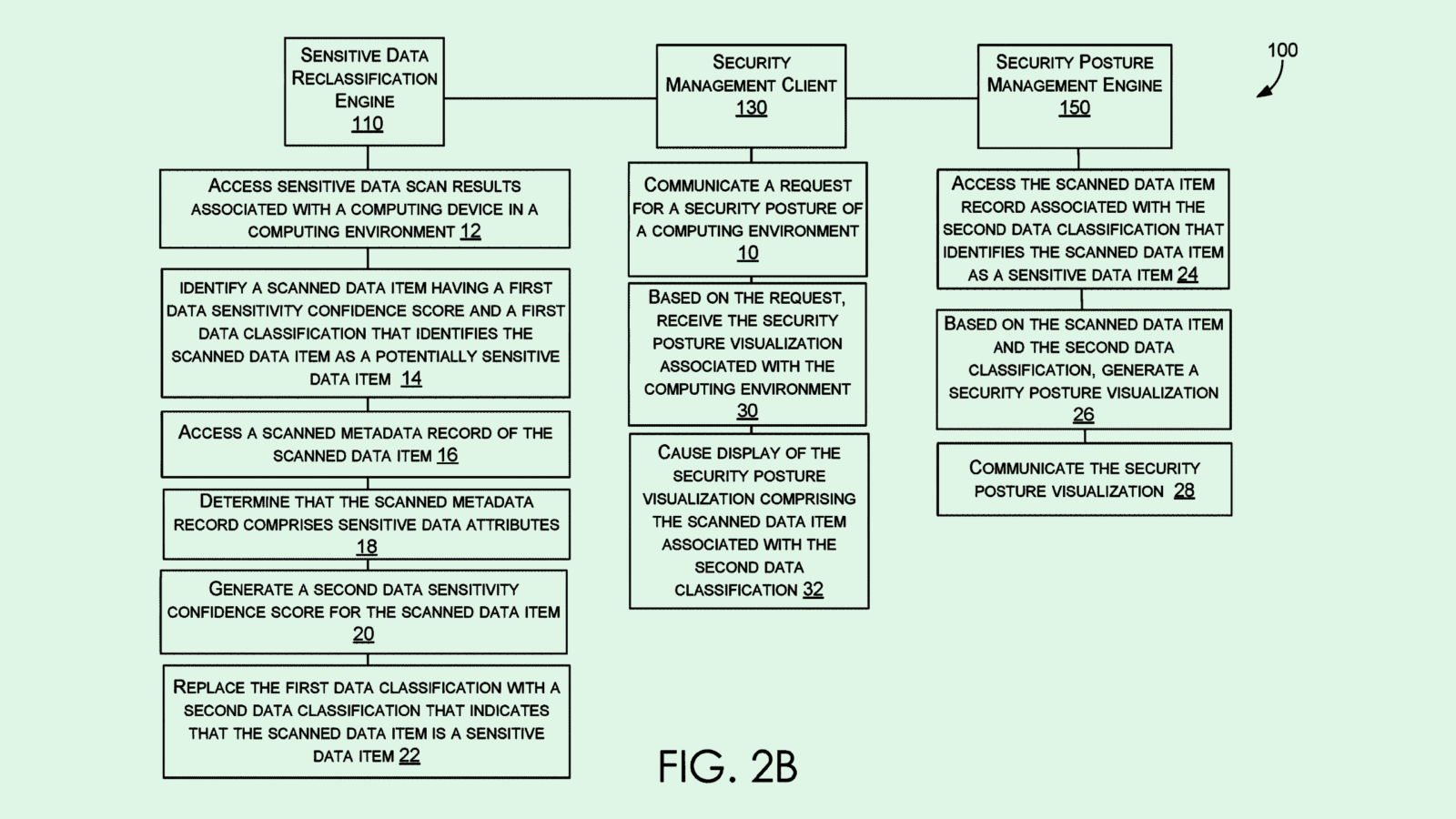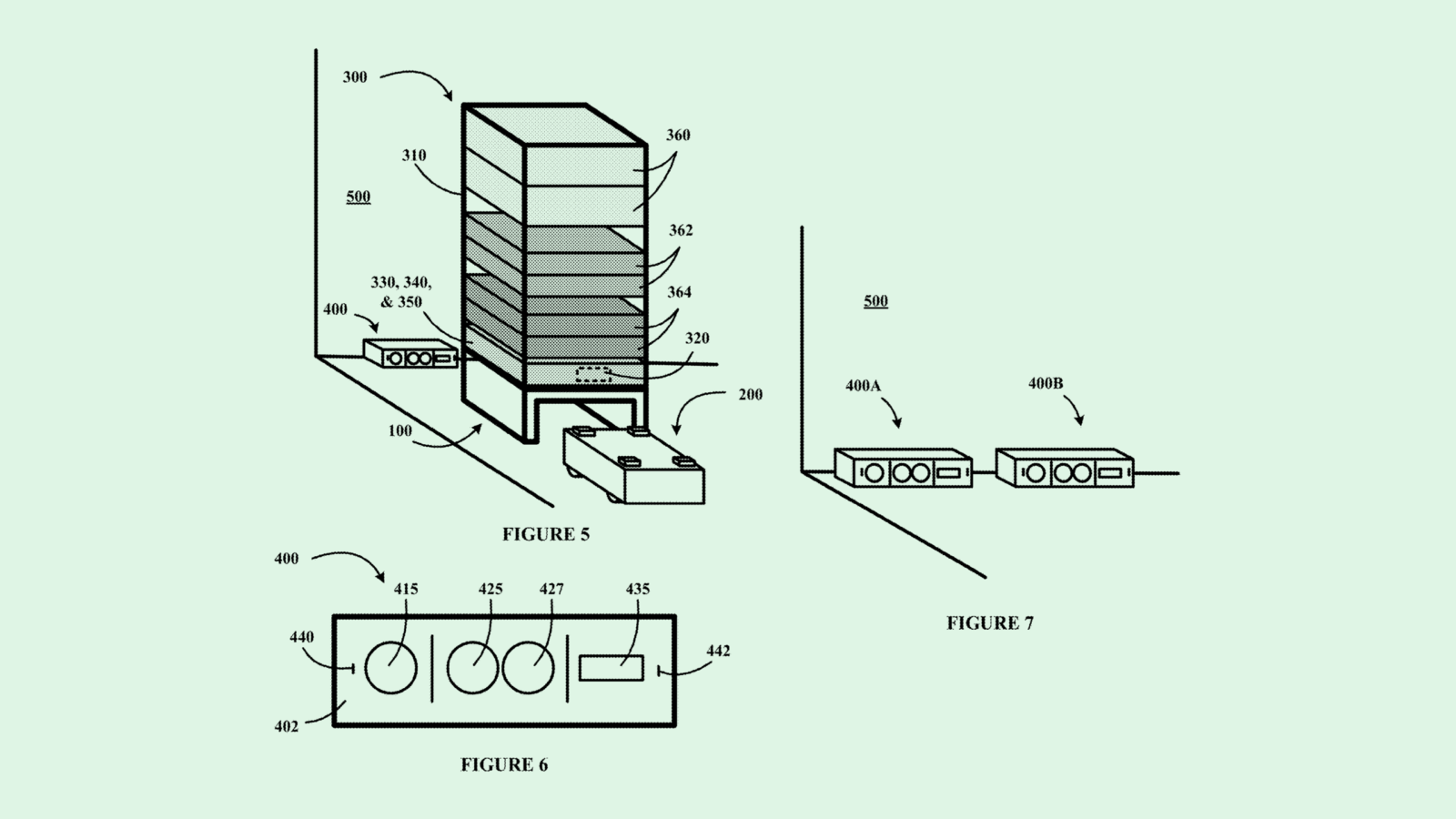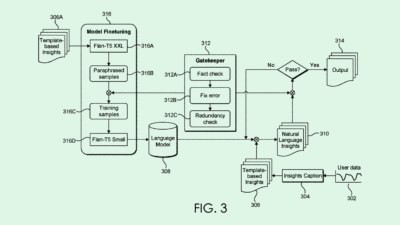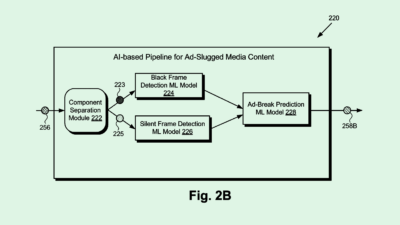Disney Generative AI Patent Taps Into Users’ Memories
Disney wants to use AI to help you recall fond memories.
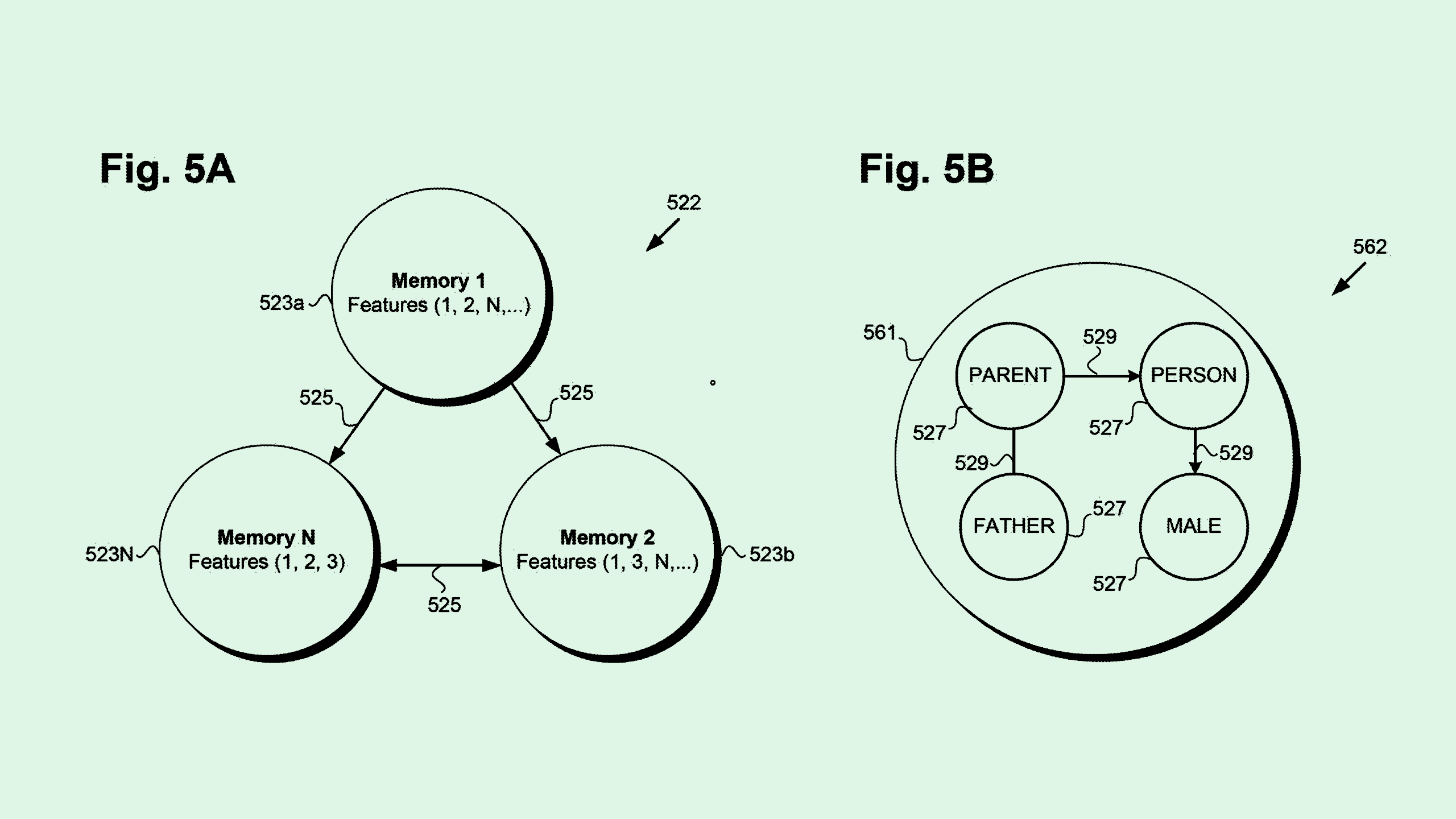
Sign up to uncover the latest in emerging technology.
Disney wants to bring a little AI into the happiest place on Earth.
The entertainment giant filed a patent application for “AI generated creative content based on shared memories.” Disney’s patent aims to use AI to create personalized content and experiences in several different contexts, with guests’ memories as the model’s fodder.
Disney’s patent aims to use AI to create music and content that can “trigger an emotional response or evoke memories in a listener,” the company noted. “However, until now, AI-generated music has had only crude ability to mimic traditionally composed music and may be off-putting rather than enjoyable.”
Disney’s system translates user memories into what the filing calls an “AI interactive character,” or an AI agent meant to “be perceived by humans as a unique individual with its own personality.” This character can be implemented in different contexts, including physical objects like toys or animatronics, or digital characters accessed through an app or an AR/VR experience.
In practice, this may look like an app or a toy that creates customized, AI-generated music or video content based on a person’s memories or experiences.
To get these memories in the first place, the system relies on collecting and storing a user’s “reminiscence,” or memories and the emotional states tied to them. This may be filled in with context from user interaction history “dedicated to cumulative interactions” with the AI character, or may also be collected by Disney’s system simply asking “What is your favorite memory?”
The system may also collect data regarding relationships that the user may have with different people or things, “such as ‘enjoys,’ ‘loves,’ ‘dislikes,’ and the like.”
As generative AI continues to make headlines, people are finding ways to have fun with it, whether it’s creating deepfakes of President Joe Biden rapping Ice Spice songs, chatbots that mimic conversations you may have with video game characters, or filters that show what you may have looked like in different time periods.
And while Disney’s patent has the potential to use generative AI to create personalized music and content for the same purpose, the filing also brings up the issue of data privacy that AI models commonly have.
Though the patent addresses privacy issues by saying its memory databases wouldn’t retain personally identifying information like age, gender, or race, to work as intended, it needs to retain information regarding a user’s memories and make inferences about their emotional states. Disney’s main demographic being children raises additional privacy concerns.
Additionally, to create content that fits the mood, Disney’s patent requires a certain level of AI-based emotion recognition, which itself is controversial. Emotion-detecting algorithms are often unable to understand the complexities of emotions and the vast range at which humans express them. Attempting to infer emotion from a user’s description of a memory may prove harder than the patent makes it out to be.




